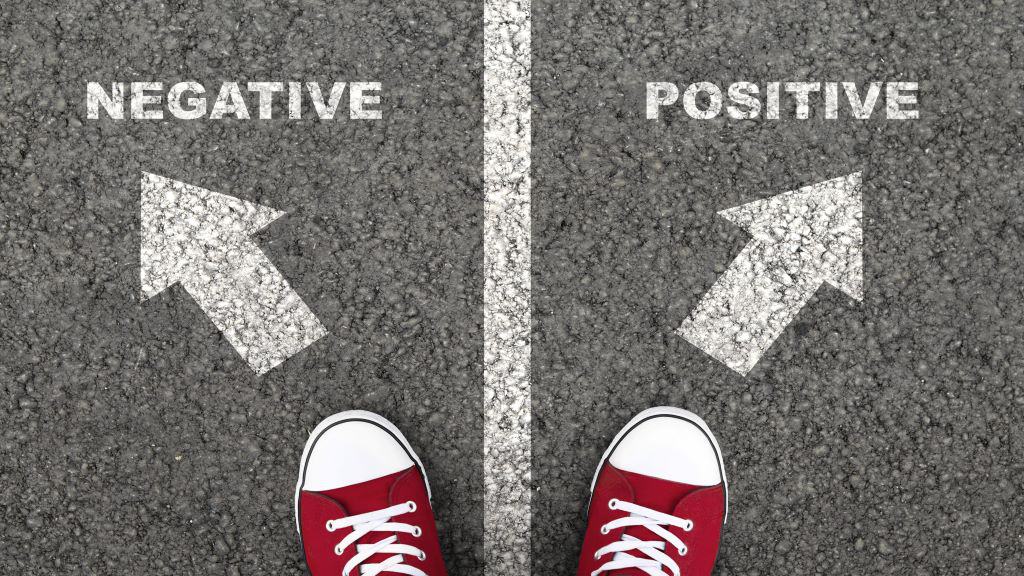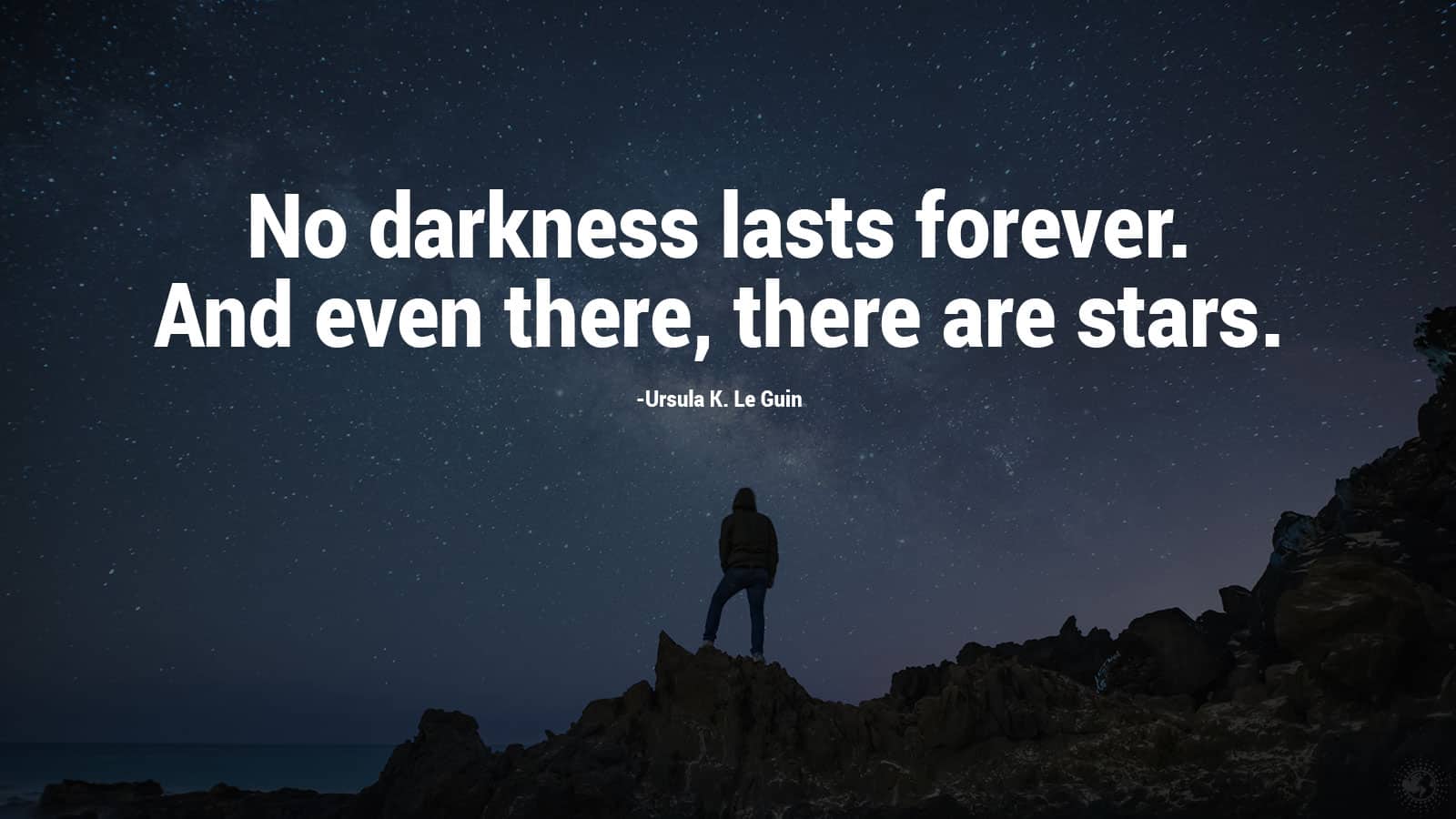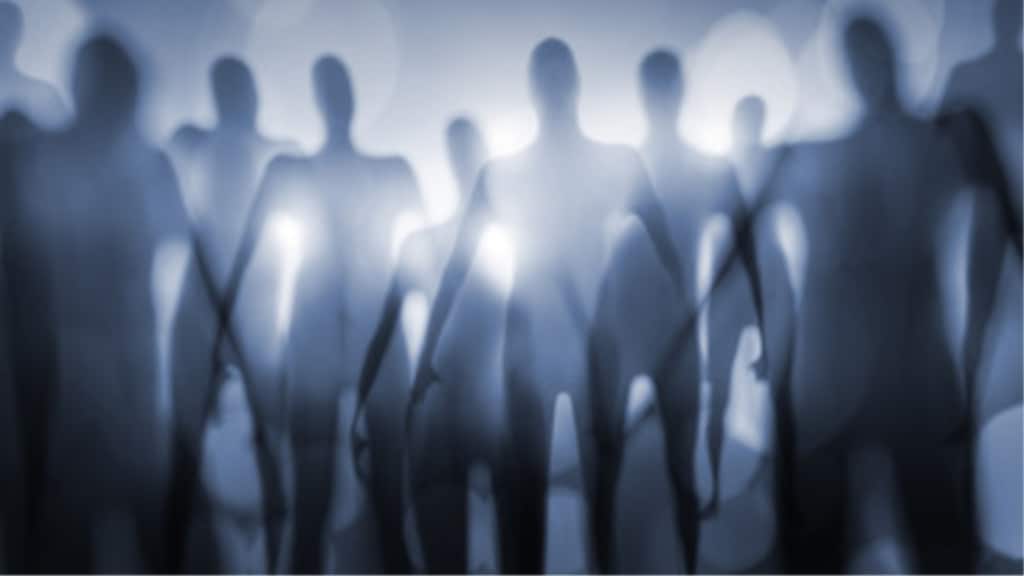More than 17.3 million adults suffer from depression in this country. A chemical imbalance causes this mental health disorder in the brain. It should not be confused with being blue or melancholy.
There are times in life when you feel sad. You may have lost a job or had a relationship that went south, and these struggles can affect your motivation. However, when the blues don’t go away within a few weeks, then a doctor will give you a more severe diagnosis.
You must understand the difference between circumstantial sadness and that which is caused by an imbalance of chemicals in the brain. The difference is vital in the treatment of this mental health concern.
The Causes of Melancholy and Despair
Life-altering events can cause you to become melancholy, though it should not be confused with clinical unhappiness. You can become blue from a triggering event, such as a death, job loss, break-up, or move.
When you are dealing with the blues, you are still able to go about your daily activities. You may feel sad for a few weeks or even a month, but you still function. Some people may spend the day in bed watching television and not going to the grocery store or hanging out with friends. Procrastination becomes commonplace.
Some experts call the period of blues an adjustment disorder as you are having a difficult time coping with changes in your life. However, it’s not the same as clinical despair. If you think you have situational sadness, then here are a few signs:
•Lethargy
•Inability to Focus
•Crying Spells
•Retreat from Family and Friends
•Avoid Normal Activities
Defining Depression
Your despair can classify into two categories, major or clinical. If you have the clinical variety, then you will have severe, unrelenting symptoms. You may withdraw from everyone around you and avoid activities that you once loved.
When you are in a state of clinical despair, then your mood is severe enough that it inhibits your daily life. These issues are caused by an imbalance of serotonin, norepinephrine, or dopamine in the brain. When melancholy blues don’t go away, then it can change the way your body and brain function.
Some say that clinical sadness seems to snowball. You may experience the blues from the loss of a job, but the unhappiness intensifies when you can’t pay your rent, and then the electricity gets turned off. Here are some common signs that you are experiencing extreme or clinical despair:
•Calling off Work or School Frequently
•Nervous and on Edge – Anxiety
•Getting too Much or too Little Sleep
•Heart Palpitations
•Headaches
•Muscle Aches
•Exhaustion and Chronic Fatigue
•Avoiding Pressing Obligations
•Unable to Keep Up with Daily Obligations
•Suicidal Ideations
Differences Between Being Melancholy or Depressed
The line between being depressed and having the blues are blurred. As you can see from the signs, it’s hard for an expert to tell the difference at times. Here are ten things that are different between the two.
1. Daily Life Functions
A person who is clinically depressed is unable to function, and their daily life is significantly affected. However, a person that is suffering from the blues can still function. Their sadness is not overwhelming enough to interrupt everyday life, though they will procrastinate.
2. Hygiene Problems
When someone is depressed, they may have problems doing normal things like taking a bath, shaving, or fixing their hair. The person who is melancholy from the blues can still do these things though it may take more effort than before.
3. Isolation
If you are depressed, then you will isolate yourself from the world outside. You will avoid work, school, and meetings you are required to attend. The isolated person will close themselves off in a room, and they don’t want to be disturbed.
4. Suicidal Ideations
People with the blues aren’t usually in a severe mental state that causes them to want to take their life. Though they may feel a bit hopeless or helpless, they don’t dream of ways to end it all. However, a depressed person can ruminate about ways to end their suffering.
5. Duration
People who have the blues only experience these unhappy feelings for a few weeks or months. However, when someone is major or clinically depressed, then they have an ongoing issue that won’t go away on its own. They need medical intervention to stop the vicious cycle that is controlling their life.
6. Intensity
Both the depressed person and the one who is melancholy both feel sad and miserable. However, the person who has the chemical imbalance that is causing their symptoms has a greater intensity. Their sadness may be so overwhelming that they may not be able to get out of bed for days on end. The differences in the intensity between the two is vast.
7. Differing Causes
The causes of the blues are always linked to an event that has occurred in life. However, a depressed person doesn’t need a major crisis to feel the way they do. They can’t shake their feeling of angst and sadness no matter how good things are going for them.
Consequently, melancholy or despair that doesn’t go away can develop into a clinically depressed state as the brain and body are involved.
8. Quality of Life
Someone who has some sadness due to circumstances will still have a better quality of life than someone who is depressed. While their body might be in a saddened state, it’s not significant enough to mess with their quality of life.
However, someone who is severely depressed can barely function. It may be all they can do to get up and take a shower in the morning or make breakfast. They have no strength, and their quality of life dramatically suffers.
9. Hallucinations
Someone who is clinically depressed can have both auditory and visual hallucinations. These hallucinations are caused by the imbalance of brain chemicals that make things array.
Consequently, someone who is just circumstantially sad doesn’t have these phenomena. Since there is no chemical imbalance in the brain, they are not likely to experience these symptoms.
10. Classification Differences
The American Psychiatric Association deems a clinical or significantly depressed person has a valid mental health disorder. The DSM-5 is a book of criteria that is used to make a diagnosis. A person with the blues doesn’t have a medical diagnosis, though it can progress as time goes on.
5 Alternative Treatments for Depression (that may also lift your melancholy)
Treating a depressive state is challenging because there is no one-size-fits-all method. The first course of treatment is usually antidepressant medications. However, these drugs come with dangerous side effects, and they don’t work for everyone. Here are some alternative therapies that have proven beneficial.
Therapy
Using a licensed therapist, you can use one of the many types of therapy. Since there are no medications used, you get to the source of the problem rather than masking it. Many people find great relief once they learn tips and tricks to help them overcome their constant angst.
Yoga
Yoga is an excellent Eastern exercise method that helps to breathe, and it can stimulate the feel-good chemicals in your brain. One specific type, Ingvar yoga, seems to have the most significant impact on reducing depressive symptoms, as it boosts the brain’s serotonin levels. Your mind works better when you learn the art of deep breathing.
Acupuncture
Acupuncture has been around for centuries. By placing small needles into specific points in the body, it can help to stimulate nerves and boost chemical productions. Many people feel a significant improvement in their depressive state after a few rounds of this ancient practice.
Magnesium
Many people find that they are deficient in one or more vitamin levels, which can directly affect the brain’s chemicals. Magnesium is one of the commonly found vitamin deficiencies that can have a significant impact.
Magnesium can cause irregular heartbeats, blood pressure issues, as well as irritability. You can take a supplement, or you can increase your dark chocolate, pumpkin seeds, bananas, and other rich foods.
Diet and Exercise
In many cases, a depressive state links to a poor diet and lack of exercise. By eating more plant-based foods, avoiding carbohydrates, and processed junk, you can see a significant improvement in your mental clarity.
While there are many diets on the market that promise stellar results, stick to something that allows the four major food groups, which include a variety of fruits and vegetables.
Final Thoughts on Knowing the Differences Between Melancholy and Depression
If you’re having problems with ongoing sadness and need the help of a medical professional, don’t feel like you are alone. Everyone will experience some sort of depressive state at least once in their life.
The key is to take care of the issue of your melancholy quickly. Do not allow it to take away from you or your family any more than it can. You can overcome this common problem, and you will.























